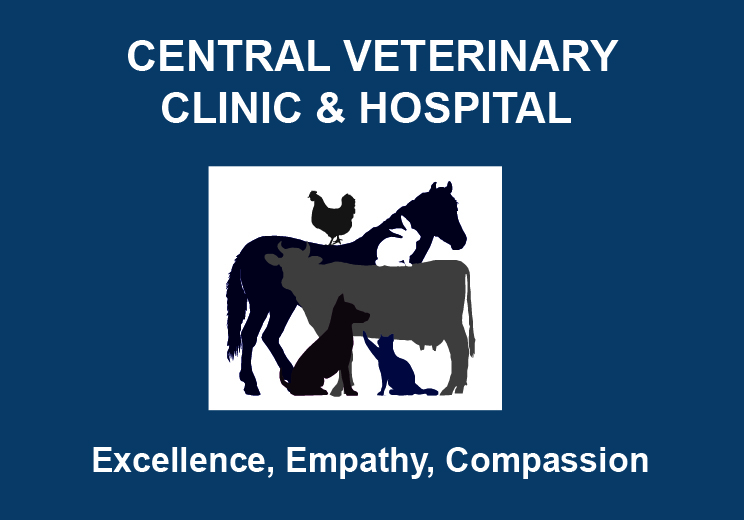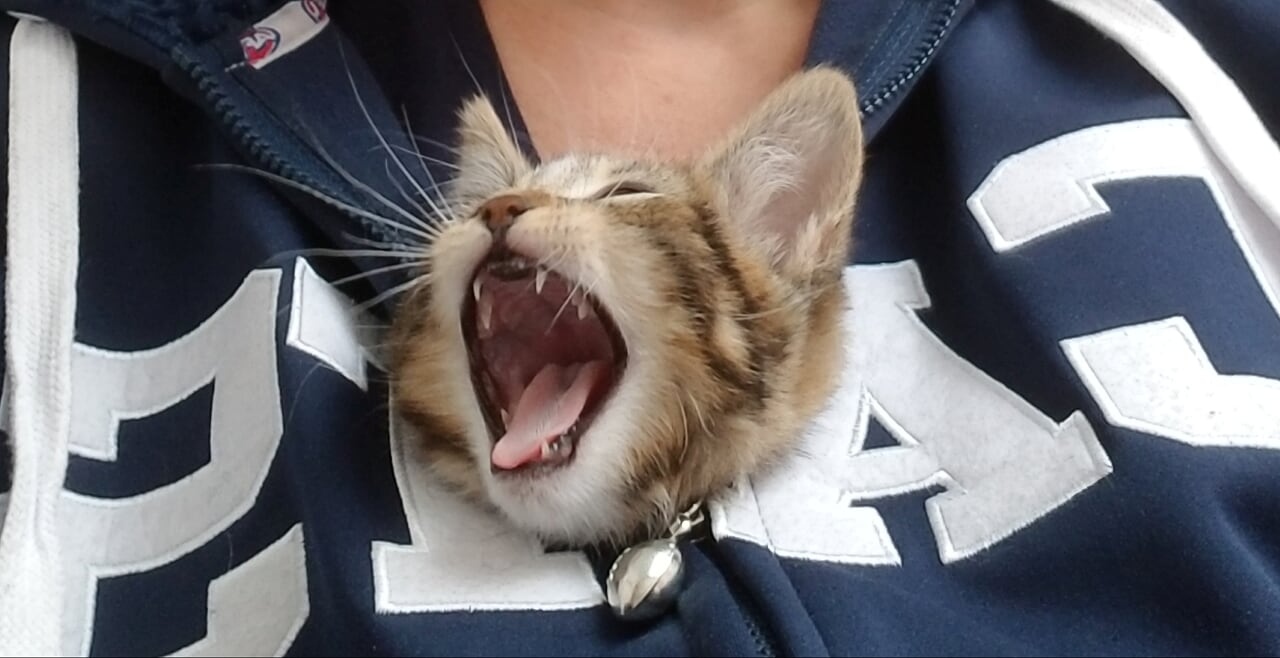Central Veterinary Clinic & Hospital – Tarneit
Central Veterinary Clinic & Hospital is located off Derrimut Road in Tarneit, near Tarneit train station. This is a fully equipped veterinary clinic, offering full health checks, sick animal and emergency consultations, vaccinations, microchipping, comprehensive blood tests, xrays, hospitalisation and fluid therapy, anaesthesia, dental cleaning and procedures, routine and complex surgeries and procedures, and more…
For large animal veterinary consultations, we also offer a home visiting service via our sister service, Tarneit Mobile Vet.
Suburbs we service include but are not limited to:
Altona Meadows, Hoppers Crossing, Laverton, Mambourin, Manor Lakes, Mount Cottrell, Point Cook, Sanctuary Lakes, Seabrook, Sunshine, Tarneit, Truganina, Werribee, Werribee South, Williams Landing, Wyndam Vale, and Wyndham.

Our Mission
Our aim at Central Veterinary Clinic & Tarneit is to provide the highest standard of care. We understand that pets are very much part of the family. Our aim is to help you manage your pet’s health and wellness for a long and happy life together.
Preventative medicine:
We are big on preventative medicine. Pets live healthier contented lives if they are free from illness and well cared for. This means keeping up to date with vaccinations, regular flea, worm, and tick control, regular dental care, appropriate nutrition, and regular health and well-being checks. We don’t want animals to have to live with chronically itchy skin, sore joints, obesity, sore teeth, chronic anxiety, or any other annoying or debilitating condition. Our aim is to identify and manage such issues for the long-term.
Our approach to illness:
When an animal gets sick, we understand it is both distressing and can cause unexpected expenses. We believe it is best for your pet and more economical in the long run to establish the correct diagnosis and provide the best treatment first time. Our core approaches to illness are the concepts of:
- a problem-solving approach
- working from first principles
- evidence-based medicine
What do these mean?
Problem-solving approach:
In veterinary school, vets are taught two-fold. One is the fundamentals of physiology, anatomy, pathology, biochemistry, diagnostic techniques etc.. The second part is a list of all the common diseases that animals can get, by species and by organ. For example, what liver disease can look like in dogs and all the possible causes. When vets leave university and start working, that’s when most of the practical learning starts, putting that knowledge to practice. There is a steep learning curve and a lot of learning on the job.
As humans, we are prone to thinking errors. Pattern recognition means looking at a set of symptoms and assuming they mean the dog has disease x. (For example, a dog has a heart murmur and wakes up with a moist cough, so it must mean the cough is from heart disease.) Whilst pattern recognition can work in many cases, it also leads to errors. (There are other causes of a moist cough in the morning other than heart disease.) (See the book, “How Doctors Think“). As humans, it is very, very easy to jump to pattern-recognition. It is also easy to be swayed by what an owner says the problem is or what the nurse has entered in as the reason for the visit. The classic is the ‘he’s choking on a bone’, when in reality it turns out to be kennels cough. Or you’ve seen one animal with a swollen paw that had a grass seed. A couple of consults later, an animal walks in with a similar looking paw, it’s easy to assume it must be the same problem when in fact it is not. As vets, we must train ourselves to think well to avoid making mistakes. And most of this training occurs on the job, with self-discipline and further training.
A problem-solving approach is a disciplined clinical reasoning approach designed to avoid pitfalls in diagnosing. It begins by defining and refining the problem (e.g. vomiting versus regurgitation?), defining and refining the system (which organ/s is primarily involved, the intestines themselves or is the cause outside the intestines?), defining the location, and defining the exact lesion (the exact cause – a cancerous tumour in the liver, for example). For more understanding, read: Clinical Reasoning Skills | Veterian Key
Working from first principles:
This is another disciplined approach to avoiding diagnostic errors. This requires having a solid understanding of basic physiology and collecting a full data set before reaching a diagnosis. For a common example of this approach we can look at the kidneys. The kidneys have multiple functions, including maintaining body water levels and removing nitrogen waste. When we are dehydrated, the nitrogen waste concentrations in our blood increase slightly and this can be seen as a mild increase on a blood test. If the kidneys are well functioning, they will try to hold onto water in our bodies, producing very concentrated urine. But nitrogen waste in the blood also increases if the kidneys are not working very well. So how do we know if an increased nitrogen waste concentration on blood is due to dehydration or faulty kidneys or both? The key lies in the urine. The urine concentrating ability is the first function to be lost when the kidneys start failing. So, if the increased nitrogen waste is due to dehydration, the urine should be very concentrated. If it is not, then it tells us the kidneys are not completing their job properly and there is kidney malfunction as well. Thus, it is often not enough to look at just a blood test and comment on kidney function. A full data set is needed for an accurate diagnosis.
It is easy to get lazy and make assumptions without the full set of data. At Central Veterinary Clinic & Hospital, our aim is to be thorough and get the right answers the first time, to avoid wasting money on misdiagnoses and treat properly the first time.
Evidence-based medicine:
This means we will not recommend something because it is the latest trend. There needs to be good scientific evidence that it helps. For example, there is now much evidence that glucosamine does NOT help joint health. On the other hand, there are studies demonstrating that green-lipped muscle and omega-3 fatty acids do. Thus, we will recommend products and procedures based on the latest evidence. Practicing evidence-based medicine requires a commitment to keep up to date with the latest research as new discoveries and changes in recommendations are occurring all the time!
Our Clinic’s Story
Our aim to create the first vet clinic in Tarneit began mid 2021. Read the story here: Our story – making of the first veterinary clinic in Tarneit – Central Veterinary Clinic & Hospital
Our Directors
Dr Meredith Crowhurst and Dr Ebrahim Bani Hassan are the co-directors and senior veterinarians of Central Veterinary Clinic & Hospital.

